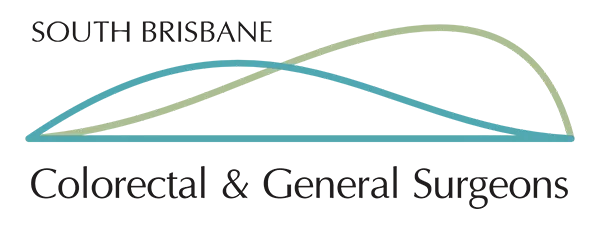
Gallstones/Cholecystitis
Gallstones are solid particles that form in the gallbladder, a small organ located beneath the liver. These stones can vary in size and can cause significant discomfort or infection. Acute cholecystitis is the sudden inflammation of the gallbladder, usually caused by a blockage of the cystic duct, often due to gallstones.
Gallstones Symptoms
- Severe pain in the upper right abdomen, which may radiate to the back or right shoulder
- Tenderness over the abdomen, especially when touched
- Fever and chills
- Nausea and vomiting
- Jaundice (yellowing of the skin and eyes) in some cases
Diagnosis
- Physical examination: Checking for tenderness in the abdomen
- Imaging tests: Ultrasound, CT scan, or MRI
- Blood tests: To check for signs of infection or inflammation
Treatment
- Antibiotics: To treat any infection
- Pain relief: Medications to manage pain
- Fasting: Patients may be advised not to eat or drink to rest the gallbladder
- Surgery: Cholecystectomy (removal of the gallbladder) is often required, especially if gallstones are present. This is done via laparoscopic (keyhole) surgery.
Please note: The information provided on this website is for general informational purposes only and does not constitute medical advice. If you are experiencing any symptoms or have any concerns about your health, you should always seek medical advice from a qualified healthcare professional. Alternatively you can call us on 07 3397 2634 or use our CONTACT FORM to send us a message and we’ll be in touch promptly.

